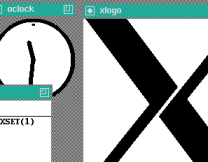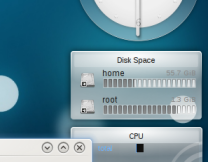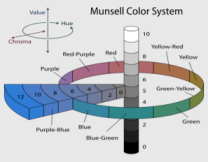 |
Osmium |
| |
Our straightforward inexpensive text editor. |
|
Software Root Page
Here you'll find anything to do with software. I have divided the software page up into sections, in the folders adjacent. I feel that each section is likely to have a quite distinct readership, although there may be some overlap. The two distinct groups are those who might wish to use the software at an application level, and those who might wish to use our software to build their own.
If you are here in search of applications (whole programs/software), we would recommend that you don't venture into the "Libraries" and "Open Source" folders. We've obviously put these folders there so that people can read them, but our main intent with this statement, is to avoid scaring people with too much complexity.
One does not have to be a programmer to use our software at the application level. Download it, install it, buy a licence online, and see for yourself. Sometimes "simple" is more difficult to offer, sometimes it makes it easier to offer products. Either way, I aim to make it as simple as I can for people who use our software.
In the longer term I hope to provide full documentation for all of the library capabilities I have written in support of application development. If nothing else the documentation will serve as an aide-mémoire for my own purposes. Things are still at the stage where I can (just about) hold everything I need in my head. Sometimes now I do find myself thinking that I've written something to solve a particular problem, unable to remember where or what I did.
In a more general way, I simply feel that there is actually quite a lack of general descriptive information from software vendors and developers alike, about the composition and function of the material they ship. I think this is important, even from the perspective of the closed source model. In practice, it sometimes seems that the closed source model is better at this than the open source model, which is perhaps counter intuitive.
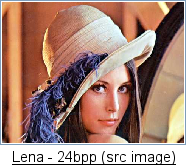
Irrespective, the general format of the libraries described here, is that most concepts or functional groups will have at least a page of description. Some may have more detailed information. In general we wouldn't consider releasing any library or part of a library without first providing extensive documentation, at a functional level. If you read about something in the libraries that you want to use, don't shy away. If you want to use it, I'll document it so you can!
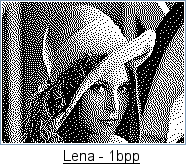
Obviously the libraries are written primarily in C++. It'll help, reading our documentation, if you have used C++ before. If not, then get yourself a compiler, use the internet, get a book, and start experimenting. I did a few courses on programming back in the dim and distant past. In reality anything I know about software development I've had to figure out the hard way, and you can do it too.
I really like PHP. Starting from PHP is a good way to go. It is very much like C/C++, and it's generally considered to be a good entry point. Many people are convinced that C++ is on the wane, because of the .NET family, Java and a whole raft of other new languages that have sprung up in the last ten/fifteen years. I find this very difficult to take on board. If you want to be non-partisan. if you want to get things done. If you want to connect and be at par (or ahead) with your peers. It's almost the only choice, still. I should be clear, this isn't the only view, but it is mine.
|









